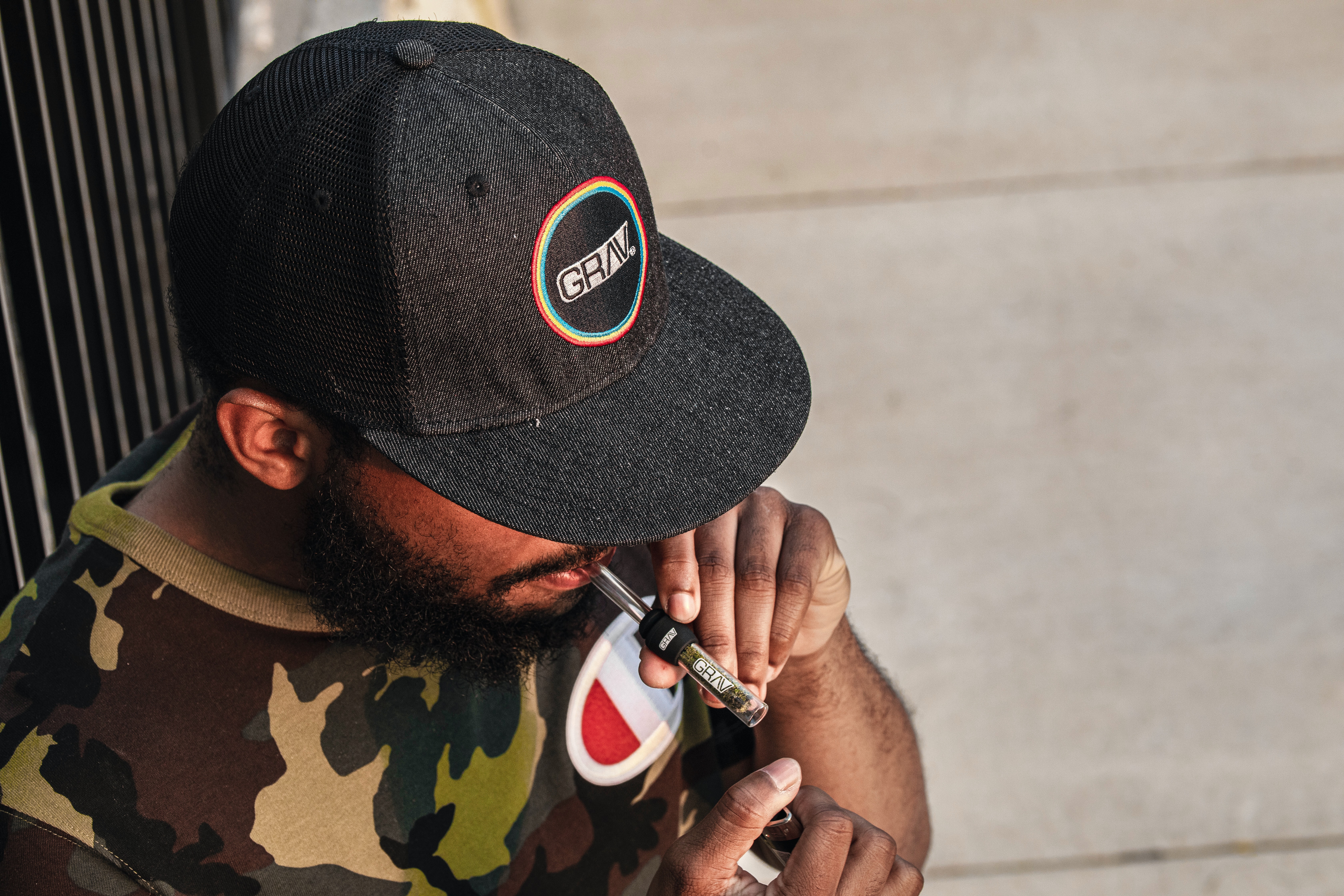
Walter* came to The Well ready to be honest about his struggles. When he showed up for the first time, he told Well Community staff that he was coming off of methamphetamines and struggled with alcohol; he was addicted, he said, and ravenous.
Walter willingly poured out his alcohol, and three Well Community staff members stayed with him as he ate two lunches and shared his story. He was a veteran dealing with PTSD, and though he wanted to get help, he didn’t know how or where.
Stories like Walter’s are not uncommon among those who live with mental illnesses. Gemma Cardenas, The Well Community’s Program and Volunteer Coordinator, says she and her coworkers often meet people who are struggling with substance abuse disorder on top of mental health conditions. She shares that this relationship can function like a cycle: “Mental illness will lead to addiction, or addiction can lead to mental illness.”
In some cases, substance abuse begins when a person living with mental illness turns to drugs or alcohol as a form of self-medication when treatment doesn’t work or isn’t accessible. According to the 2020 National Survey on Drug Use and Health from the Substance Abuse and Mental Health Associate (SAMHA), 39.8% of those who had experienced mental illnesses in the past year had used illicit drugs, compared to just 17% of those who hadn’t experienced mental health challenges. And those who dealt with serious mental illness were nearly three times as likely to abuse substances. Almost half of these individuals (47.8%) had used illicit drugs. Mental illness is also linked with a higher likelihood of abusing alcohol or prescription pain relievers.
In other cases, substance abuse may lead to mental health challenges or worsen existing struggles. And sometimes common factors, such as experiencing trauma, play a major role in the development of both.
Regardless of which comes first, this pairing of mental illness and addiction is referred to as dual diagnosis or co-occurring disorders. And it’s prevalent: SAMHA reports that 6.7 percent of Americans (17.0 million people) lived with both in 2020.
Though these co-occurring conditions are far from rare, many who live with them go without treatment. Just half have received either substance use treatment or mental health services in the past year and a mere five percent received both.
For all those living with a dual diagnosis, support from people who understand the intertwined struggles of mental illness and addiction can be a significant factor in the pursuit of stability and sobriety. At The Well Community, those dealing with these two compounding challenges find help in accessing resources as well as practical assistance such as nutritious, filling meals. And they find people who care.
Last year, in the wake of the pandemic, brothers Alex and Miguel became homeless, and they started coming to The Well Community. When Miguel, who suffers from depression and alcohol addiction, was taken to the hospital, Alex sought help from The Well’s staff in finding where his brother had been admitted. The staff contacted local facilities until they were able to tell Alex where to find him. Several weeks later, Miguel returned to thank The Well workers and to give them an update. He was able to receive treatment and had been referred to a detox center where he could receive more help.
For those like Miguel and Walter, dual diagnoses are an ongoing, multifaceted challenge. As they seek to take steps toward stability, The Well is always there, supporting and providing a place where they are accepted amid the struggles.
Your partnership will help The Well Community continue to serve and support those living with the compounding challenges of mental illness and addiction. Give now.
*Names have been changed.
